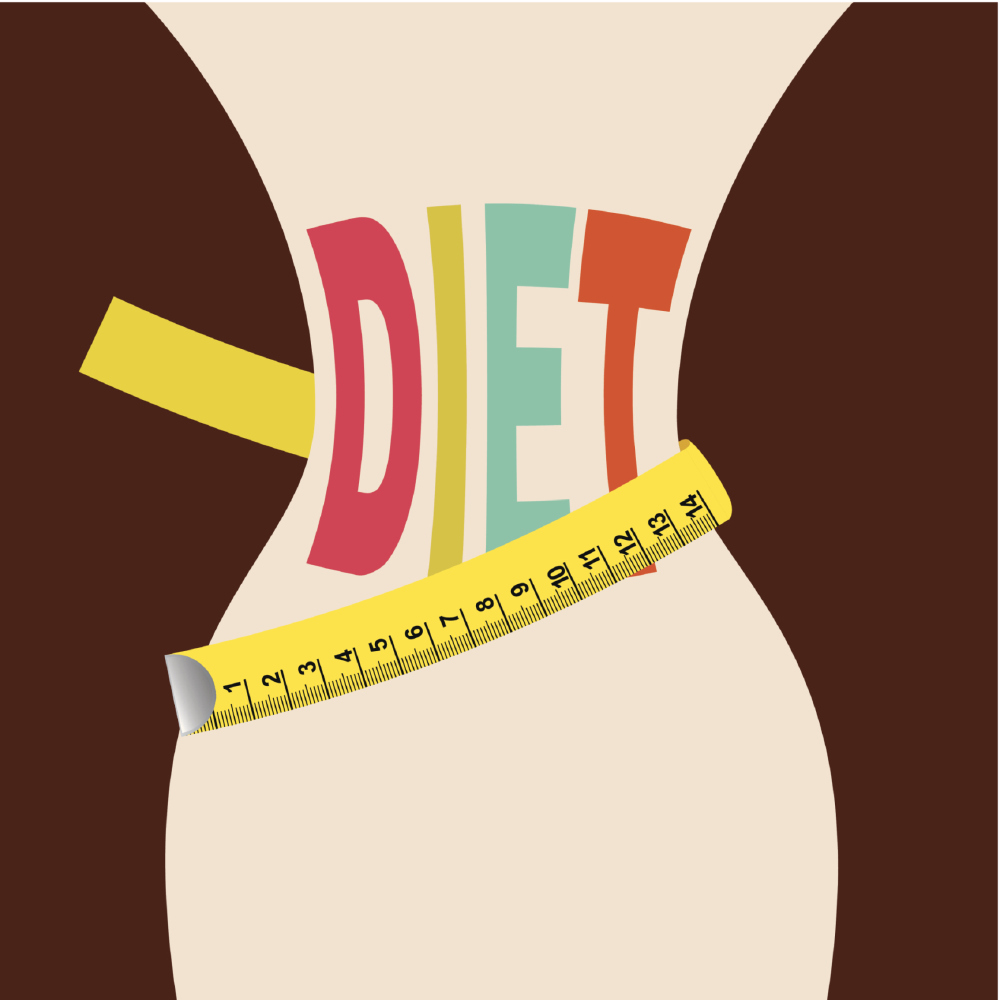
Are you eating the right foods?
Health-conscious consumers may be trying to better their health and nutrition but unaware that low-sugar foods may actually be higher in calories, according to new research.
A poll found that more than half said that they expected the reformulation – the process of replacing, reducing or removing an ingredient such as sugar – would lead to a reduction in calories in it. And of those who favoured low-fat or low-sugar food and drink products (55% and 29% respectively), almost two thirds viewed them as ‘healthier’.
However, many consumers are unaware that, for example, when removing sugar (four calories per gram) the fat content (nine calories per gram) can become a higher proportion of the product, which may result in an increase in total calories per 100g.
According to the OnePoll survey of 2,000 people, when consumers realised that reformulation could increase calories, over half (51%) of them were against the process, with 56% of women claiming they would stay clear of such products altogether. In addition, if reformulation changed the overall taste of a product, 48% of people surveyed said they would be unsupportive.
Dr Julian Cooper, Head of Food Sciences at AB Sugar, commented:
“The food and drinks industry has actively been looking into reformulating products for a number of years, in order to offer consumers a greater choice and, more recently, as one of the options available to help tackle obesity.** However, reformulation is not a straightforward solution to creating lower calorie products.
“When sugar is removed or reduced in a product, in order to replicate its many properties, you will need to replace that sugar with alternative, often artificial, ingredients that you wouldn’t normally see on your kitchen shelf. And if, for example, the fat content rises as a result of reformulation, you may even see an increase in the calories you are eating per 100g.
”We are in favour of reformulation – including the removal of sugar – but only when it results in a total calorie reduction. So, it’s of upmost importance for consumers to take into consideration total calories when looking at labels, rather than just focusing on one ingredient.”
Misconceptions around reformulation are a real problem. Although more than 4 in 5 people (82%) in the UK deem themselves to be ‘healthy’, three out of five (57%) admit they’re trying to lose weight. But rather than looking at wider diet and lifestyle factors, such as how to balance how much energy (calories) people consume versus the energy (calories) they burn off, a third of those (34%) trying to shed the pounds do so by cutting down and focusing on just one ingredient.
Dr Roberta Re, Nutritionist at Leatherhead Food Research, commented:
“It makes little sense to focus solely on one ingredient when considering how we tackle an issue like obesity. It is a very complex and multi-faceted matter. What’s more important than anything else is to help people understand how they can achieve a healthy balanced diet.
“Focus should be put on energy intake overall. Consumer’s perception can mislead their food choices. And consumption of ‘low and light’ can lead to overconsumption. This is known as the ‘Halo Effect’. It’s therefore important that we all consider our total calorie consumption when thinking about our diet.”
To help inform and educate people about sugar, the role it can play as part of a healthy balanced diet, and to help people to make better informed choices about what they consume, AB Sugar launched the new campaign, Making Sense of Sugar.
Tagged in Sugar Diet Healthy eating

